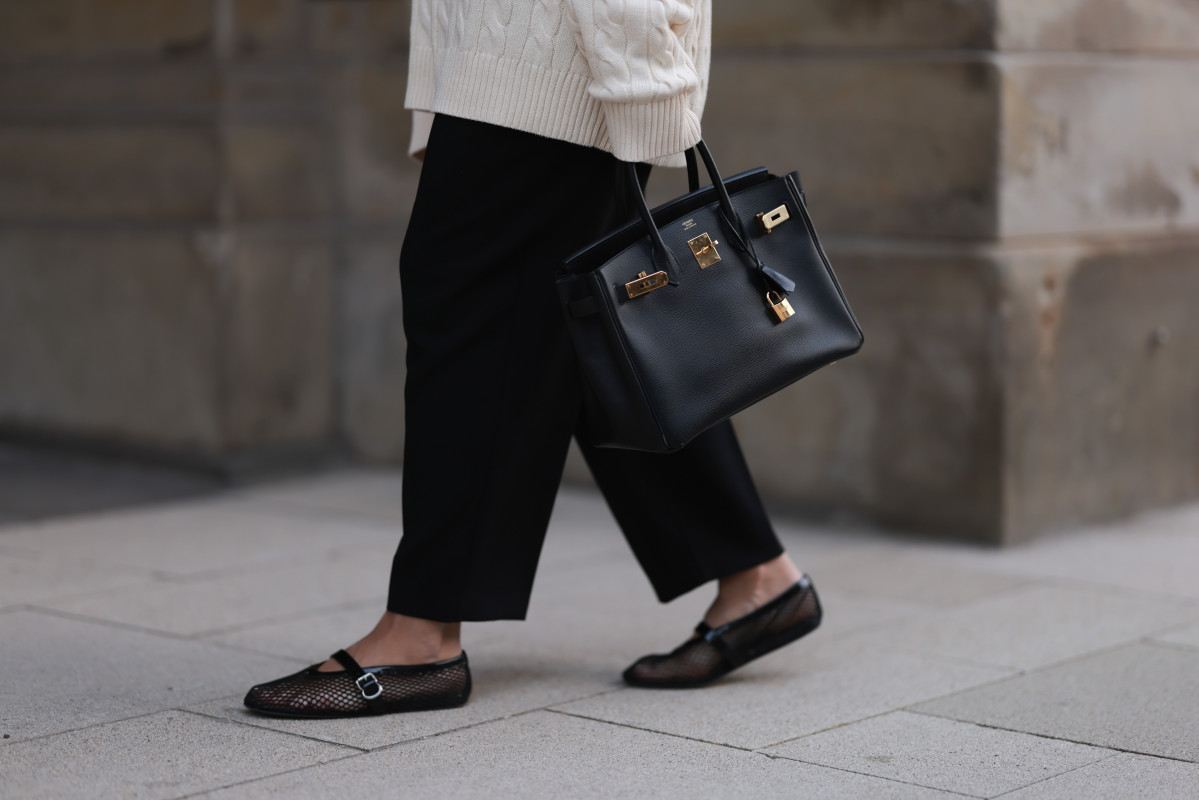
Two California residents have filed an antitrust lawsuit against luxury fashion brand Hermès for its alleged “unlawful practice” involving how it sells its beloved Birkin bags. The bags, which have been around since 1984, are notorious for only being offered for sale to “worthy” customers, and the new lawsuit has the internet divided on whether or not exclusivity in retail should be regulated.
The lawsuit claims that Hermès uses a “scheme” that requires consumers to first purchase multiple other products from the company in order to be considered to be offered to purchase a Birkin bag, which allegedly boosts the company’s market power.
Related: Luxury executive indicates trouble in paradise that could spell problems for the economy
“The unique desirability, incredible demand and low supply of Birkin handbags gives Defendants incredible market power,” reads the lawsuit. “Defendants implemented a scheme to exploit this market power by requiring consumers to purchase other, ancillary products from Defendants before they will be given an opportunity to purchase a Birkin handbag. With this scheme Defendants were able to effectively increase the price of Birkin handbags and, thus, the profits that Defendants earn from Birkin handbags.”
The handbags are pricey, to say the least. Pricing for the famous bags, which cannot be purchased online, begins at $10,000, but can reach upwards of six figures.
Some of the products that customers allegedly have to purchase include “shoes, scarves, belts, jewelry and home goods” in order to build their “purchase profile” with the company.
Customers with a strong “purchase profile” are more likely to be offered the opportunity to purchase a Birkin bag by Hermès sales associates, who get a 3% commission from each ancillary product purchase. Also, these bags cannot be purchased online and can only be bought at stores where they are hidden from plain sight.

“Most consumers will never be shown a Birkin handbag at Hermès retail store,” reads the lawsuit. “Typically, only those consumers who are deemed worthy of purchasing a Birkin handbag will be shown a Birkin handbag (in a private room). The chosen consumer will be given the opportunity to purchase the specific Birkin handbag which they are shown. Consumers cannot order a Birkin handbag at the retail location. For all practical purposes, there is no way to order a bag in the style, size, color, leather, and hardware that a consumer wants.”
The two plaintiffs in the lawsuit are seeking “compensatory and punitive damages, and appropriate injunctive relief.”
@mikenouveau Hermes is being sued by two potential customers because they were not allowed to buy Birkin bags, which may be a violation of US antitrust laws. Could this be a threat to luxury watch brands as well? Let me know your thoughts in the comments. #watchtok #hermes #hermesbirkin #birkinbag #antitrust #rolex #luxurywatches
♬ Drake style/HIPHOP beat(1491552) - Burning Man
Users on TikTok are divided on the lawsuit, with some taking to the comment section under the video to claim that more regulations need to be in place to limit exclusivity in the luxury goods industry, while others have highlighted that customers aren’t forced to buy anything they don’t want to buy.
“I somehow agree. This is such a weird practice. Why are these sales people have to screen the customers. They even earn much less than the customers,” wrote TikTok user @AraaAraa.999.
“I certainly hope it has an effect, being a frequent shopper at hermes this spending on other items is absolutely true. you’re better off buying a premium bag on the secondary market,” wrote TikTok user @suziez.
“Screw that if you're dumb enough to buy something cheaper just to buy something more expensive. That's your own doing. Just basically walk out of the store. Don't buy it,” wrote TikTok user AraaAraa.999.
Social media users have also pointed out that luxury brands such as Ferrari and Rolex use similar exclusivity practices as Hermès where customers have to allegedly establish a relationship with both brands before being put on a wait list to purchase specific luxury items. They claim that the lawsuit can impact the luxury industry as whole, which is famous for its exclusivity.







